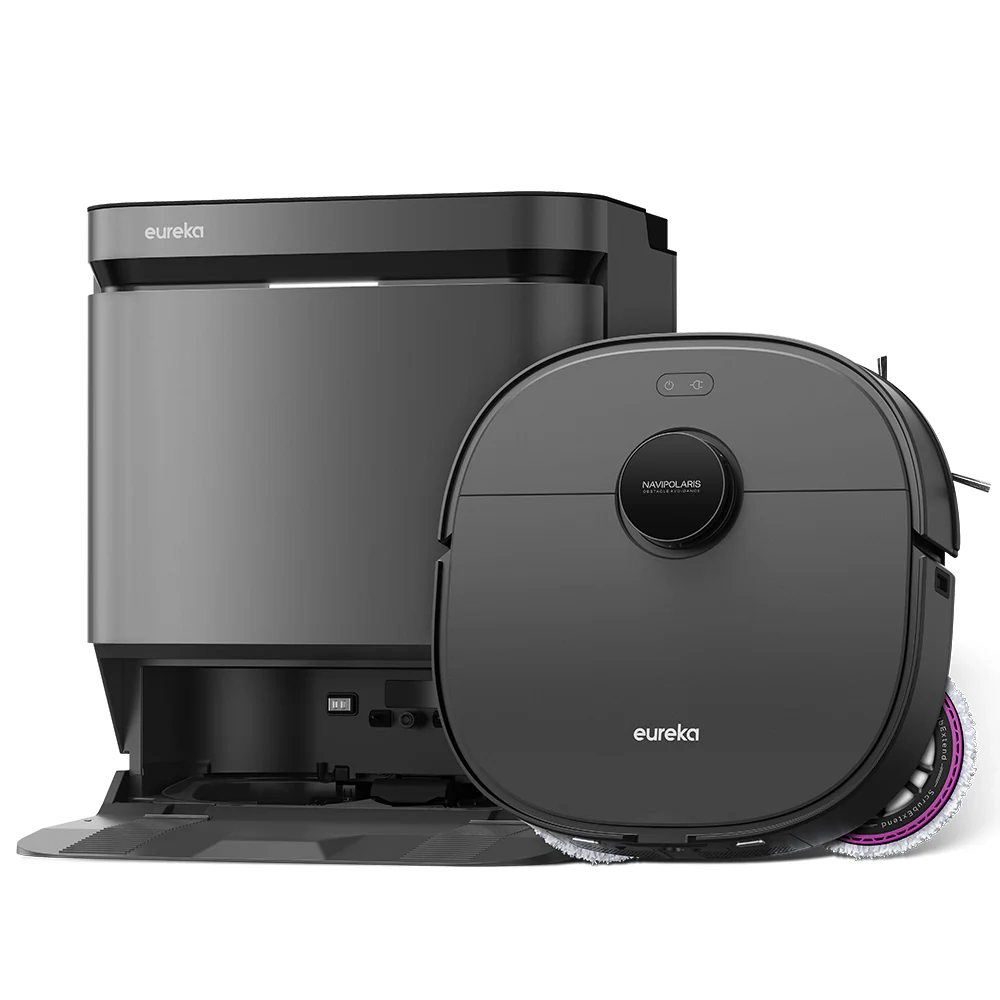The Covid-19 Pandemic has been raging across the world leaving almost all industries and workers impacted in some way. The real estate industry in particular has seen colossal waves as a result of COVID’s ever-increasing impact. As unemployment rates among all industries have skyrocketed, many homeowners and renters find themselves unable to pay their landlords, in addition, home loan requirements have sharply risen, and home sales are predicted to decline more than 15% throughout 2020. Thankfully, technologies such as virtual reality tours and stronger online presences have been helping those in the real estate industry find innovative new ways to carry on during the pandemic and beyond.
Social distancing along with employees shifting to working from home and keeping outside exposure to a minimum have caused large impacts through the real estate industry on account of both buyers being unwilling to step out and look at homes, and workers being unable to assist them. Unemployed workers finding themselves unable to pay bills or buy new properties have resulted in banks seeing sharp losses. Many businesses are now using emerging technologies and tools to help mitigate the damage and serve customers in new ways.
Integrating New Technologies
Some companies have shifted to more proactive ways to reach consumers seeking to buy homes. Proprietary technology, or Proptech, is defined as the application of information technology to make real estate transactions easier. Proptech innovations have been slowly adopted for years but become a necessary requirement in ensuring that real estate companies can carry on business today. Virtual reality, augmented reality and 360-degree photography in particular have been the key innovations that allow consumers to have the experience of a full home tour without leaving their own.
Realtors are now setting appointments through video chat and walking customers through their potential future homes via virtual recreations of them. Companies such as Asteroom are bringing immersive and detailed tours that can be viewed and set up simply with a smartphone. This allows for real estate businesses to conduct sessions entirely online, showing consumers almost every detail of the property and helping close the sale without either party physically engaging. Some other advantages of VR tours are that consumers no longer have to invest significant time and travel to view properties. When a family could only visit one or two homes per day before now have the ability to look at as many as they want.
Automated self-touring technology is now being implemented by some companies to let consumers physically view properties themselves while safely social distancing. These software and hardware packages allow for real estate agents to facilitate tours on vacant properties in convenient and secure ways. Keypad locks are installed into vacant properties, with customers receiving an access code during their appointment time. Customers are verified and vetted so no one else can receive unauthorized access beside them. As properties are vacant beforehand, there is no risk of anything being stolen or damaged. This allows for consumers to get tangible and real looks at their prospective buys while keeping themselves safe from harm.
Another way technology is helping real estate is through the online integration of various business tasks. Many companies are shifting to the online market to find and serve customers while customers are looking to the web first. Building a real estate website is one main avenue businesses have taken to allow customers the freedom to look at offers, pictures, properties at their leisure. With a stronger online presence, companies have a much greater reach to bring new clients to them and find many tasks streamlined. Sites can include promotional material and real estate listings for consumers who are also able to use instant tools in determining the value of their current property and the new ones they are shopping for.
When compared to other industries, the real estate market has been more prominently impacted on account of all the face to face interaction that was done previously as well as the unemployment rate rising impacting how many are buying homes. With more technological integration into business, Proptech providers have seen sharp spikes in demand from companies suddenly shifting to online infrastructures.
For years even before the pandemic, real estate sites had been booming with more than 93% of all US buyers using them in 2018. As the majority of real estate buyers have shifted to online searching, revenue for real estate businesses with an online presence have been booming. It is predicted by 2023, the revenue of real estate will reach over $543 billion, and with changes brought about by the pandemic, that number is sure to rise further. Companies that ensure strong online infrastructure can count on exponential gains and growth both during and after the COVID era.
Preparing for the Future
When looking at how business can be run after the pandemic passes, the measures taken to promote more tech integration should remain and grow to not only ease the consumer and company experience but to keep secure in the event something like this happens again. Future pandemics and other world-changing situations can arise without a moment’s notice, but thanks to options like remote viewing and 360 immersive views, all involved in the real estate industry can carry on most of their operations without significant risk. This is added to the already existing benefits of being more convenient.
More options for technological integration are being worked on and rising with popularity. In the future, it’s assumed that more options will be available that simplify the home buying and selling process further. Investors in the real estate market have been preparing for significant growth in almost all tech-related enterprises, whether it be new real estate apps, platforms like Zillow, or virtual reality technology.
By integrating more technology into real estate businesses, some real estate companies that would have lost their livelihoods overnight have been surviving and thriving. As customers stay more comfortable in their homes, they are looking at more options for properties thanks to the convenience of technology and innovation.
- The Growing Demand for Technical Solutions in Logistics - September 19, 2020
- How Technology Helps Real Estate During Pandemic - June 2, 2020
- Improve the Mobile Experience with AI and Blockchain - January 11, 2019



